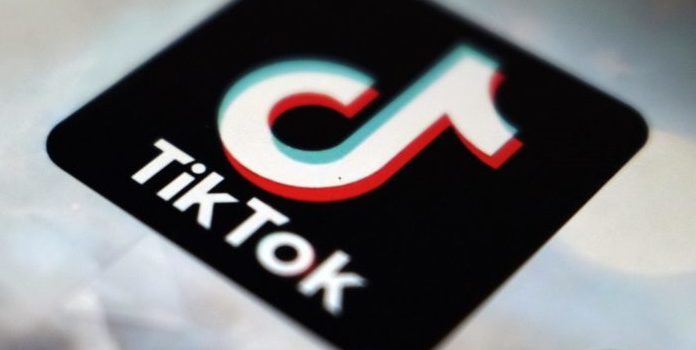(Ken Silva, Headline USA) A bipartisan group of U.S. senators introduced legislation last month that would ban social media app TikTok from the country, but critics of all ideological stripes have criticized the bill as an ill-advised effort that would end the remaining internet freedom and privacy that still exists.
When they introduced their bill March 9, Senators Mark Warner, D-Va., and John Thune, R-S.D., touted it as a needed measure to protect Americans.
Their “Restrict Act,” among other things, would empower the Secretary of Commerce to “identify and mitigate foreign threats to information and communications technology products and services.” In practice, this would give the White House power to ban foreign products it deems a threat.
But retired Republican congressman and presidential candidate Ron Paul pointed out that the Restrict Act would also allow the Secretary of Commerce to ban American companies that are allegedly assisting a foreign power’s malign efforts.
“If the RESTRICT Act becomes the RESTRICT law, any site that refuses to cooperate with future efforts by the US government to suppress certain stories and individuals on social media could find itself accused of working to advance the ‘strategic objectives of a foreign adversary,’” the good doctor said.
“Like the PATRIOT Act, the RESTRICT Act plays on people’s fears to make them silent while Congress takes away more of their liberty.”
Along with libertarians like Paul, liberal- and centrist-leaning tech policy organizations also oppose the bill.
The Electronic Frontier Foundation said on Tuesday that the bill is a poor version of comprehensive data privacy legislation. EFF further noted that the RESTRICT Act may not even ban TikTok because it doesn’t restrict personal use.
However, the bill does contain troubling language that could be interpreted as criminalizing the use of VPNs—software that allows users to browse the internet under a proxy IP address, which helps keep users anonymous.
“The bill authorizes the Department of Commerce to impose ‘mitigation measures’ without any restrictions on what those measures might be,” EFF warned.
“Couple that with a vague enforcement provision that grants the power to broadly punish any person who ‘evades’ these undefined ‘mitigation measures,’ and the result is a law that can be read as criminalizing common practices like using a VPN to get a prohibited app, side-loaded installations, or using an app that was lawfully downloaded somewhere else.”
The Project for Privacy & Surveillance Accountability made similar statements.
“The Restrict Act could easily be interpreted as criminalizing virtual private networks, which enable Americans’ privacy,” the organization said Wednesday. “Thus, teenagers who use VPNs to watch burping contests on TikTok could face a $1 million fine and 20 years in prison.”
The bill has been tabled before Senate Commerce, Science and Transportation. A hearing has yet to be scheduled.

